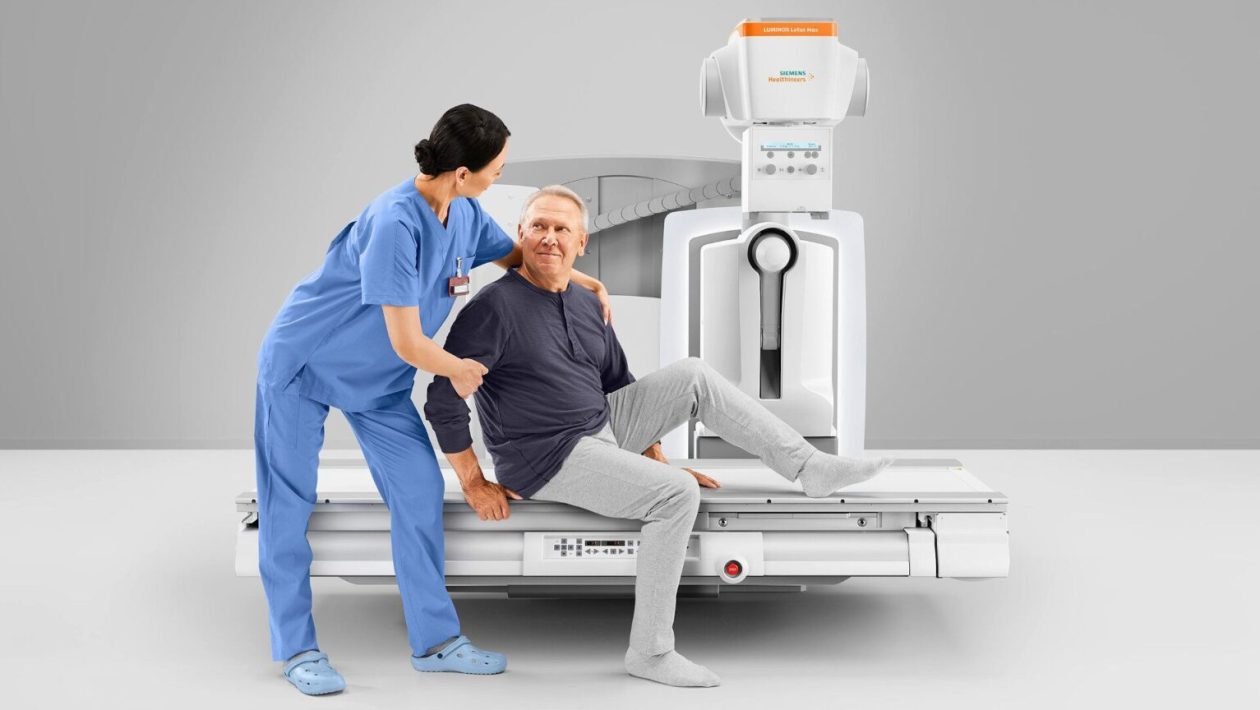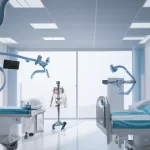Medical practitioners need continuous career advancement to stay updated with new technology. Fluoroscopy is one area that needs comprehensive training to meet patient needs. It is a popularly used medical imaging technique to visualize internal organs in real time. The method is crucial in radiology, cardiology, gastroenterology, and orthopedics. Therefore, specialists in these fields need a fluoroscopy training course to ensure they’re in touch with new technology and technological advancement.
Table of Contents
Who Needs a Fluoroscopy Course?
The Fluoroscopy Training course allows for operating fluoroscopy equipment and interpreting images. Specialists need specialized skills and expertise, making the system indispensable. Here’s a list of the different specialists who need the course.
Radiologists and Radiologic Technologists
These specialists are at the forefront of performing and interpreting fluoroscopic procedures. Fluoroscopy equips them with advanced knowledge of patient positioning, imaging principles, radiation safety, and image interpretation. The course enables them to refine their technical skills for patients’ accurate diagnoses and optimal care.
Interventional Cardiologists and Radiologists
Fluoroscopy is critical for guiding interventional cardiologists and radiologists in performing minimally invasive procedures. These professionals can significantly benefit from a training course to help them work around cardiovascular interventions and the specific challenges and intricacies involved. Mastering the art of fluoroscopy helps them quickly and accurately navigate catheters, guide wires, and stents precisely. Hence, patients are exposed to minimal dangers and enhanced procedural outcomes.
Orthopedic Surgeons
Orthopedic surgeons constantly use fluoroscopy during joint replacements, spinal surgeries, and fracture fixations. Undertaking a comprehensive Fluoroscopy Training Course helps them understand the anatomical landmarks, radiation safety measures, and optimal imaging techniques for successful surgeries. Moreover, the training enhances their ability to achieve accurate results in all patient procedures.
Gastroenterologists
Gastroenterologists perform barium swallows, fluoroscopic-guided biopsies, esophagrams, and upper gastrointestinal series. Once the specialists undergo fluoroscopic training, they gain proficiency in maneuvering endoscopes and the skill to interpret fluoroscopic images. As a result, the course empowers them to offer accurate diagnoses and perform therapeutic interventions with more confidence and precision.
What the Fluoroscopy Training Course Entails
A fluoroscopy course entails a wide range of crucial topics that aid various specialists in performing accurate procedures for patients. The course includes these topics.
- Radiation Physics and Safety – Specialists understand the principles of radiation physics, radiation safety measures, and dose management when performing fluoroscopy. The course offers in-depth knowledge of radiation protection, As Low As Reasonably Achievable (ALARA), and dose optimization techniques to ensure patient and operator safety.
- Equipment Familiarization – Participants of the Fluoroscopy Training Course familiarize participants with different equipment, which include image intensifiers and C-arms. They also learn more about the equipment’s components, operation, and maintenance.
- Imaging Techniques – Undertaking the course gives participants hands-on experience acquiring high-quality fluoroscopic images and interpretation.
- Procedure-Specific Training – The course also encompasses procedure-specific training tailored to respective medical specialties. It covers techniques and best practices for various procedures, ensuring the participants are well-prepared to perform and interpret fluoroscopy-guided interventions.
- Hands-on Practice and Case Studies – Participants use simulators in their practice or supervised clinical settings to enrich their skills. Case studies and interactive sessions also help participants to get in touch with real-world situations and enhance their decision-making abilities.
Conclusion
A Fluoroscopy Training Course is an indispensable investment for healthcare professionals who employ fluoroscopy in their practice. Fluoroscopy training equips medical professionals with the necessary expertise to master real-time imaging, ultimately benefiting healthcare providers and patients.











